If you have a consulting practice, you need to curate credibility to help secure business. Consulting certificates can help.
Having the right certification can put you at the top of the list for potential clients. Plus, you’ll learn the knowledge and skills you need to do the job.
In this article, we’ll share why consulting certificates are so valuable and how you can choose the right program for your needs.
Table of Contents
Many professionals use consulting credentials to advance their careers. Completing a certification program can open doors to several opportunities. Here are some top benefits of consulting certificates.
Why do consulting certificates matter?
You can boost your credibility.
Your certifications signal to clients and employers that you have breadth and depth of expertise. As a result, you may see an uptick in interest and new account creation.
You can gain professional endorsements.
Your certifications set you apart from other business consultants in the market. It’s a great way to prove you’ve got what it takes to give sound advice.
You can access professional networks.
Some credentials grant entry to exclusive communities, allowing you to raise your profile as a consultant. You can also use this as an opportunity to network. Your next full-time role or consulting gig could be around the corner. Being a part of a group may also assist in bringing in new clients.
You can expand your expertise.
Certification courses broaden your professional horizons and knowledge. It’s time to hit the books, as coursework and tests are common in many programs. However, this structure provides a systematic approach to ensure you learn new skills.
You can increase your earning potential.
Certifications signal your expertise and value to clients. You can charge more per hour or project. Professional recommendations from members of your network also help attract clients at a higher price point.
9 Essential Certificates for Consultants.
Here are some of the most valuable consulting certificates. Compare the benefits of each and decide which will help you advance in your consulting practice.
1.
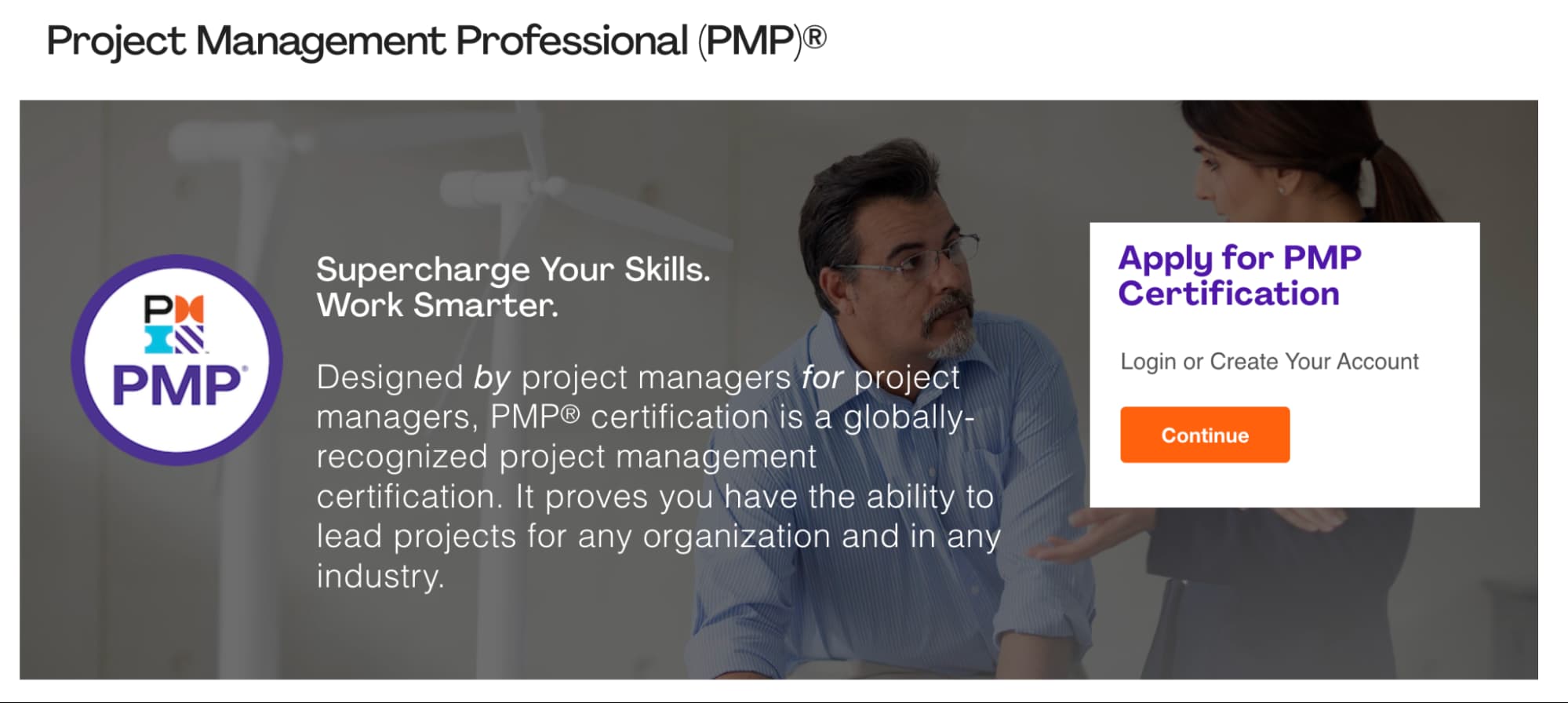
According to the Project Management Insitute, will be needed each year to fill all the project management positions that will open by 2030. So if you’re already a project manager looking to pivot into consulting, this certification is for you.
is a mark of excellence in the field of project management. This endorsement shows employers and clients that you know what you’re doing when managing projects and people.
Project managers who have earned the PMP credential are experts in balancing the competing demands of time, money, and scope. Companies rely on PMP specialists to control expenses, monitor projects, recognize challenges, and mitigate risk.
The curriculum covers a wide range of subjects, including some of these common topics:
- Dealing with conflict.
- Directing a group.
- Enhancing group performance.
- Empowering participants and the team.
- Forming a productive team.
- Contract negotiations for projects.
- Cooperating with interested parties.
Best for: People who want to advance their project management skills and move into project leadership.
Pre-requisites: To take the exam, applicants must align with one of the following experience sets.
- A four-year degree, 36 months of experience leading projects within the past eight years,
- and 35 hours of project management education/training or a CAPM certification.
- A high school diploma or associates degree, 60 months of experience leading projects within the past eight years, and 35 hours of project management education/training or a CAPM certification.
2.
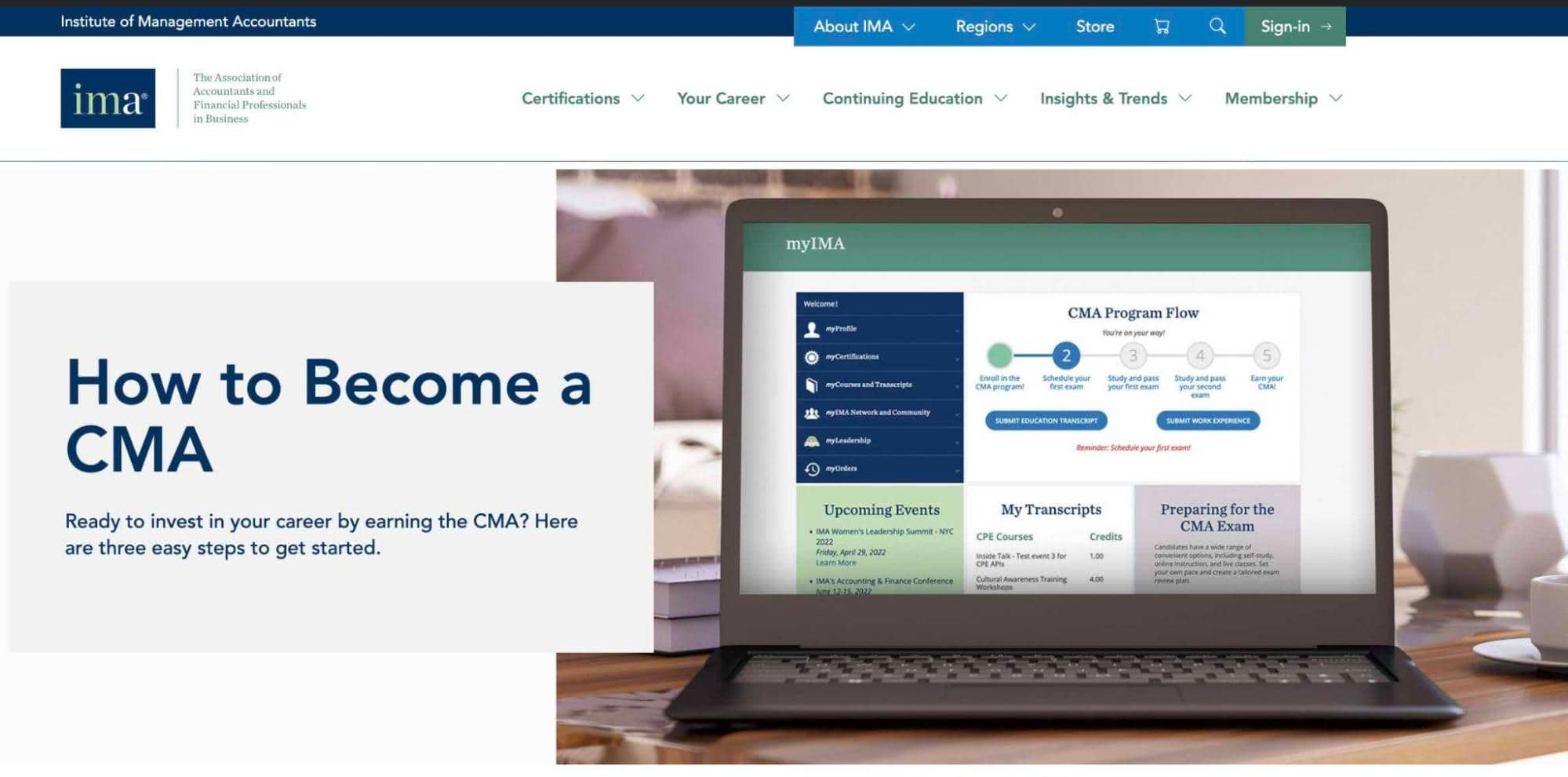
Individuals can improve their financial planning and management knowledge by participating in the . Consulting professionals may showcase their accounting and financial knowledge after completing this 12-to-18-month curriculum.
This is an internationally recognized certification in the fields of financial accounting and strategic management. In this course, you’ll learn about the following:
- External financial decision-making reporting.
- Creating a budget for a business.
- Financial statements creation.
- Reducing financial risk.
- Deciding on investments.
Best for: Candidates who’d like to work for large, multinational corporations. CMAs can offer specialized advice and expertise when it comes to accounting. This insight is invaluable to organizations with large, complex operations.
Pre-requisites:
- Membership in the Institute of Management Accountants
- A bachelor’s degree or a related professional certification
- Two continuous years of professional experience in management accounting or financial management
3.
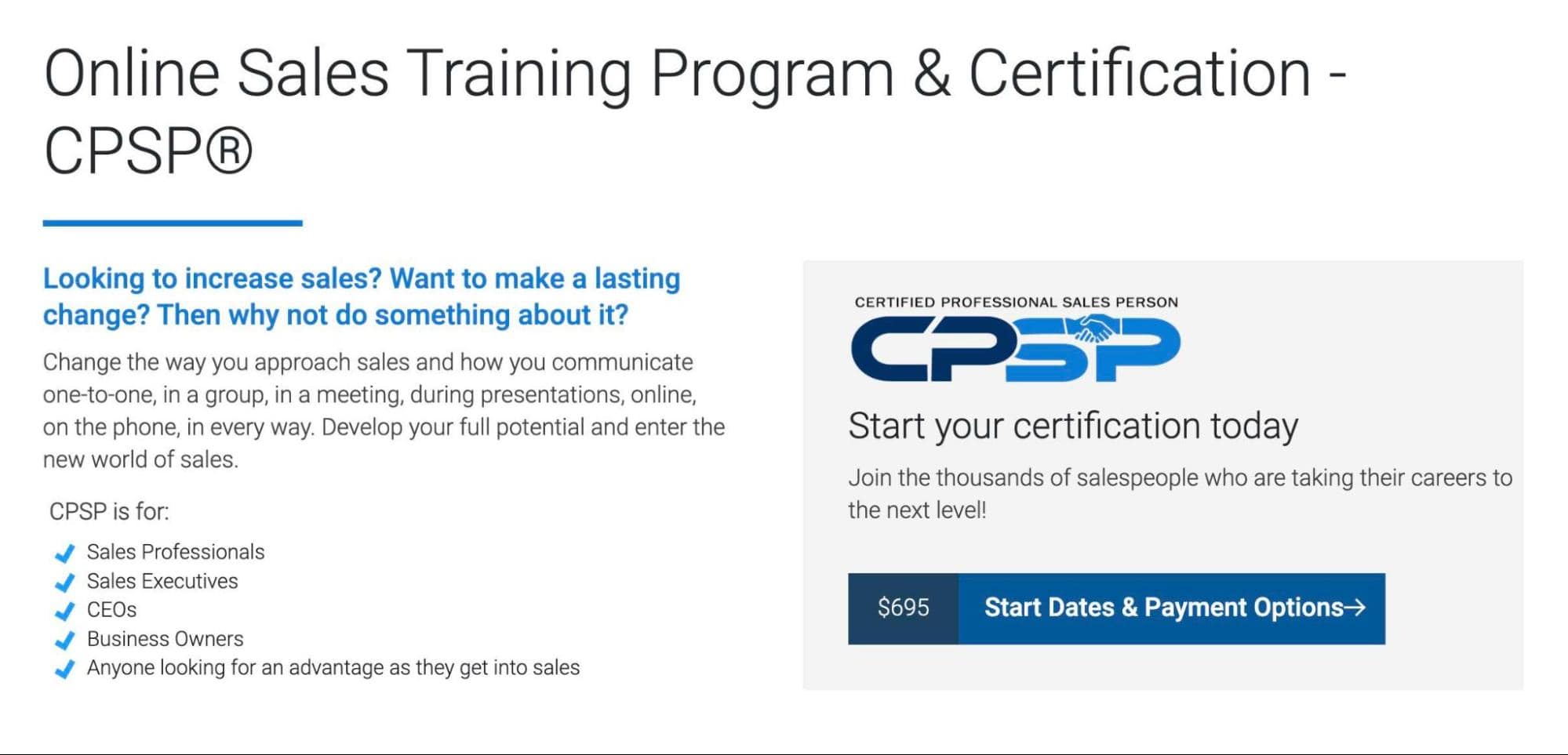
The Certified Professional Sales Person certification requires four years of professional client management experience. With the required time investment, CSPS certification can demonstrate your sales expertise.
In this program, you’ll learn techniques used by Fortune 500 companies to manage sales. This training focuses on replacing inefficient practices with more recent, research-based methods that consider the average consumer’s mindset.
Some of the more typical course content includes:
- Finding potential clients for sales.
- Keeping client connections strong.
- Designing solutions with the client in mind.
- Contract negotiations and closure.
- Contacting customers again.
- Knowledge of sales technology.
Best for: Sales professionals operating at all stages of their careers, from entry-level salespeople to executives, chief executive officers, and business owners.
4.
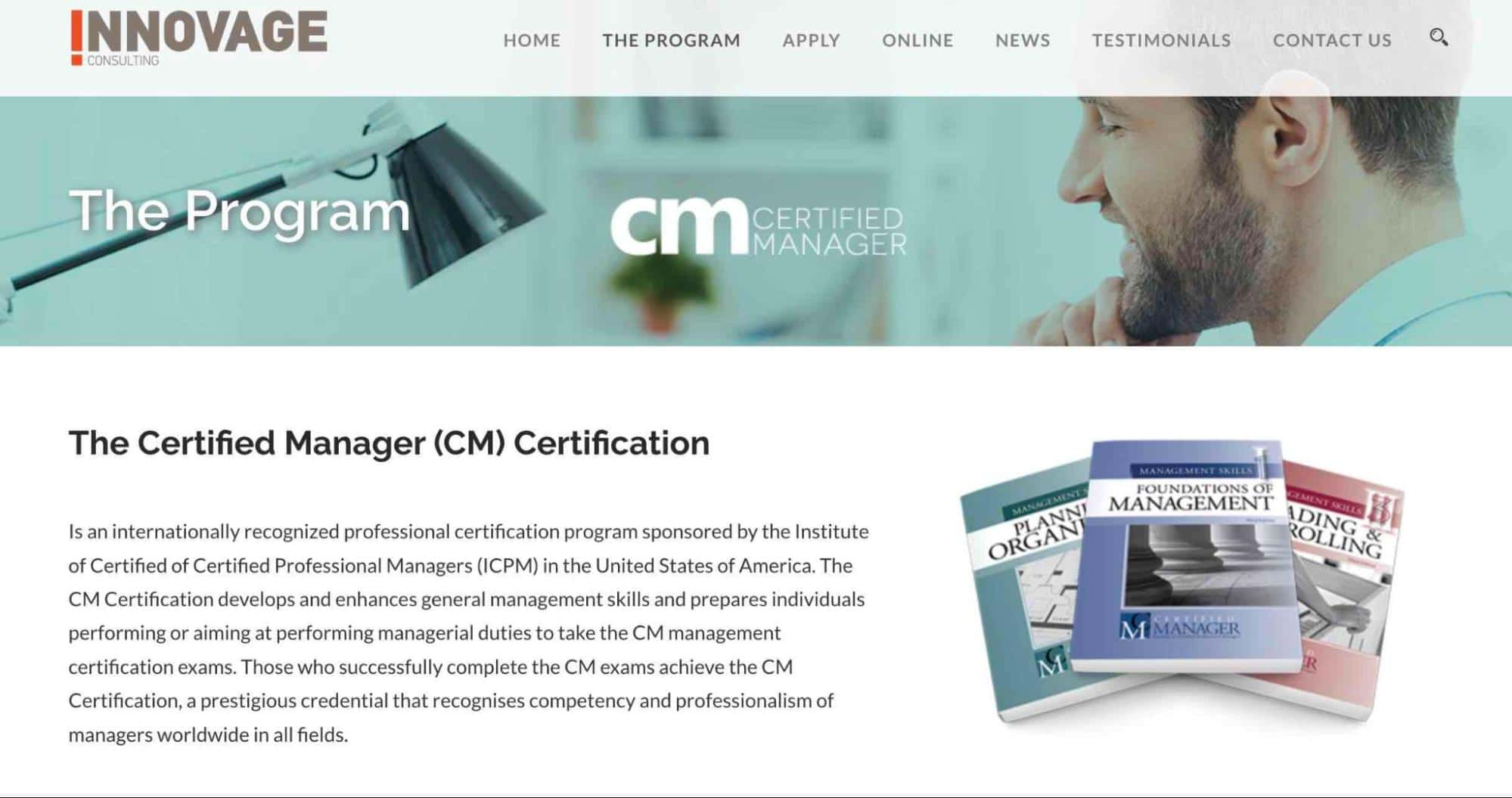
A CM certification demonstrates to clients and employers that you can run effective teams. Anyone can take a 90-hour course to study for the certification test. Here you’ll learn about your own leadership and management styles.
The program covers a wide range of topics, including
- Comprehension of managerial traits.
- Sustainable project management.
- Making sensible choices.
- Strategic project planning.
- Facilitating productive meetings.
- Fostering involvement and motivation.
- Controlling change.
Best for: Those with consulting practices focused on operations and leadership. Certificate recipients and their businesses can profit from this program, as can managers and executives at all levels and in all fields.
5.
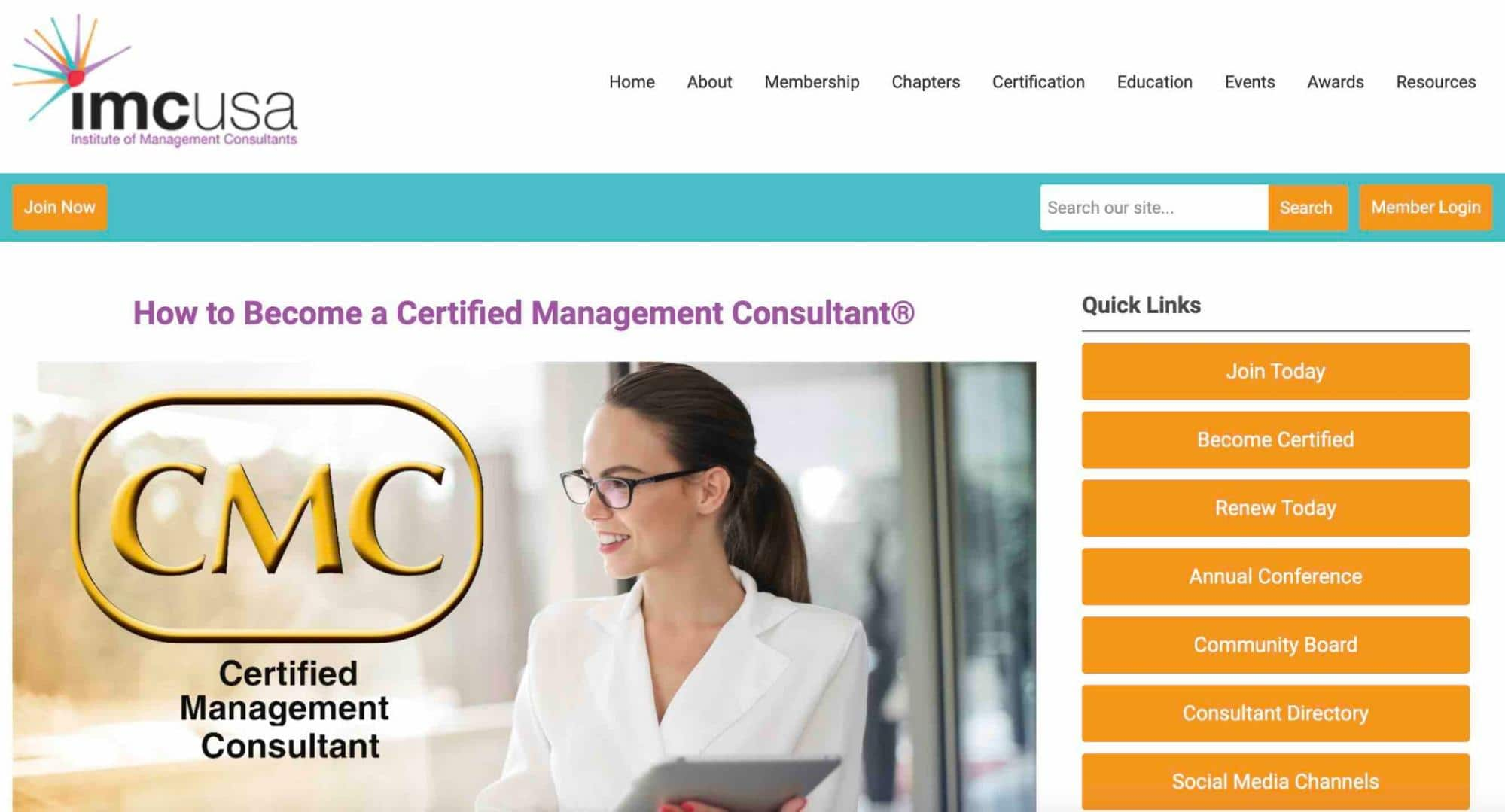
To become a CMC, you’ll need to pass a test. Attending a 37.5-hour course covering material on the test is a common way for professionals to prepare for this certification.
CMC programs can help you develop consulting expertise and build familiarity with consulting tools, strategies, and processes.
Contents of this program consist of:
- Generating value for customers.
- Controlling change.
- Delivering solutions that work.
- Enhancing interpersonal abilities and upholding moral principles.
Best for: Management consultants with at least three years of experience.
6.
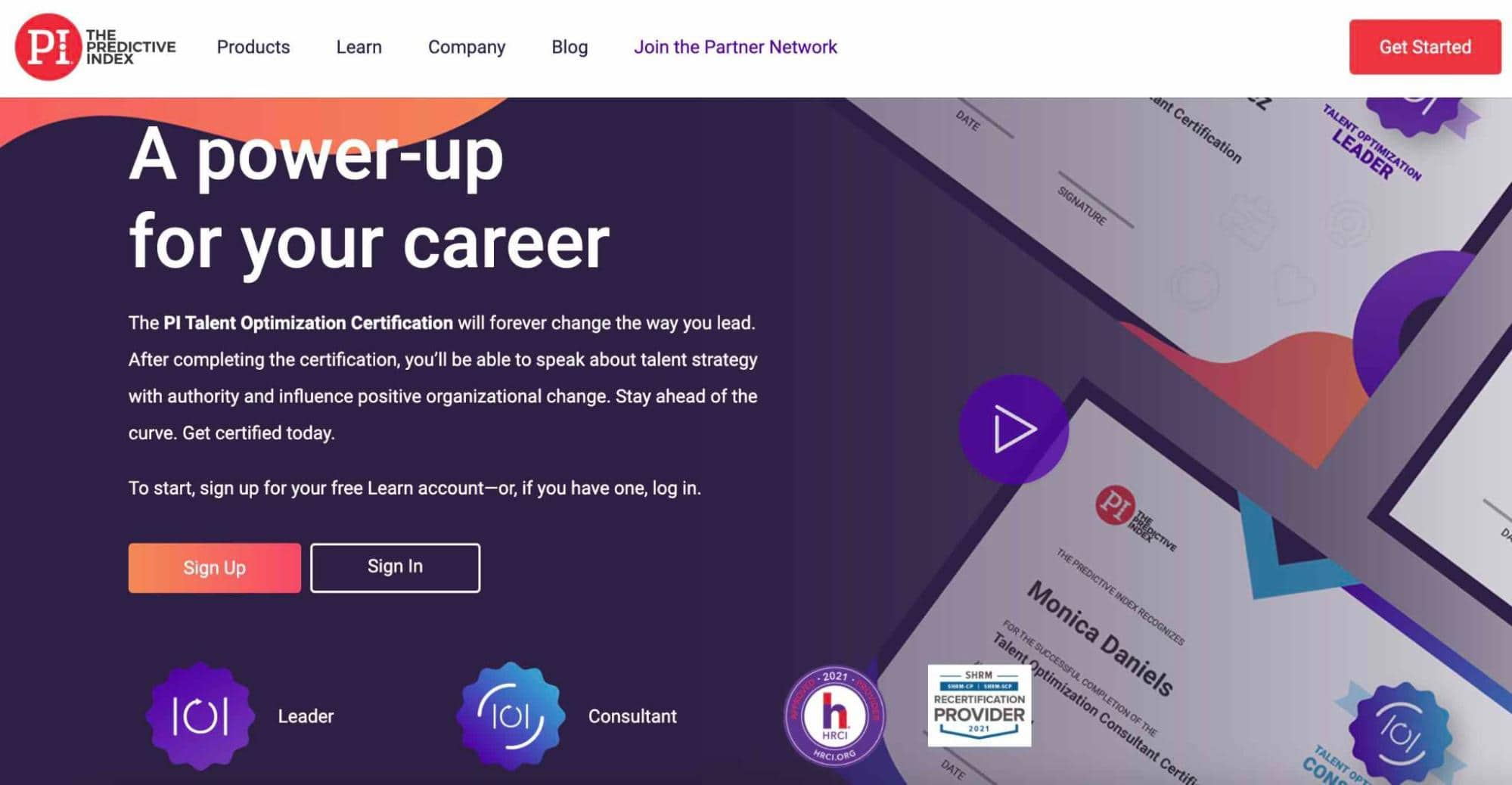
If you’re a people manager or focus on workplace consulting, TOC certification might be for you. This certification proves that you know how to maximize the potential of employees.
You can take your people strategy to the next level by ensuring it is in sync with company goals. You may use this information to better guide your clients and other stakeholders as they make personnel choices inside their businesses.
Five different sections of this curriculum may be completed on your own time. This accreditation covers a wide range of topics, including but not limited to the following:
- Detecting business issues.
- Developing original solutions.
- The creation of a people strategy.
- Finding talented individuals.
- Forming successful teams.
- Establishing corporate best practices for hiring.
Best for: Those in charge of hiring employees, human resources, executives, and anybody else in a leadership position.
7.
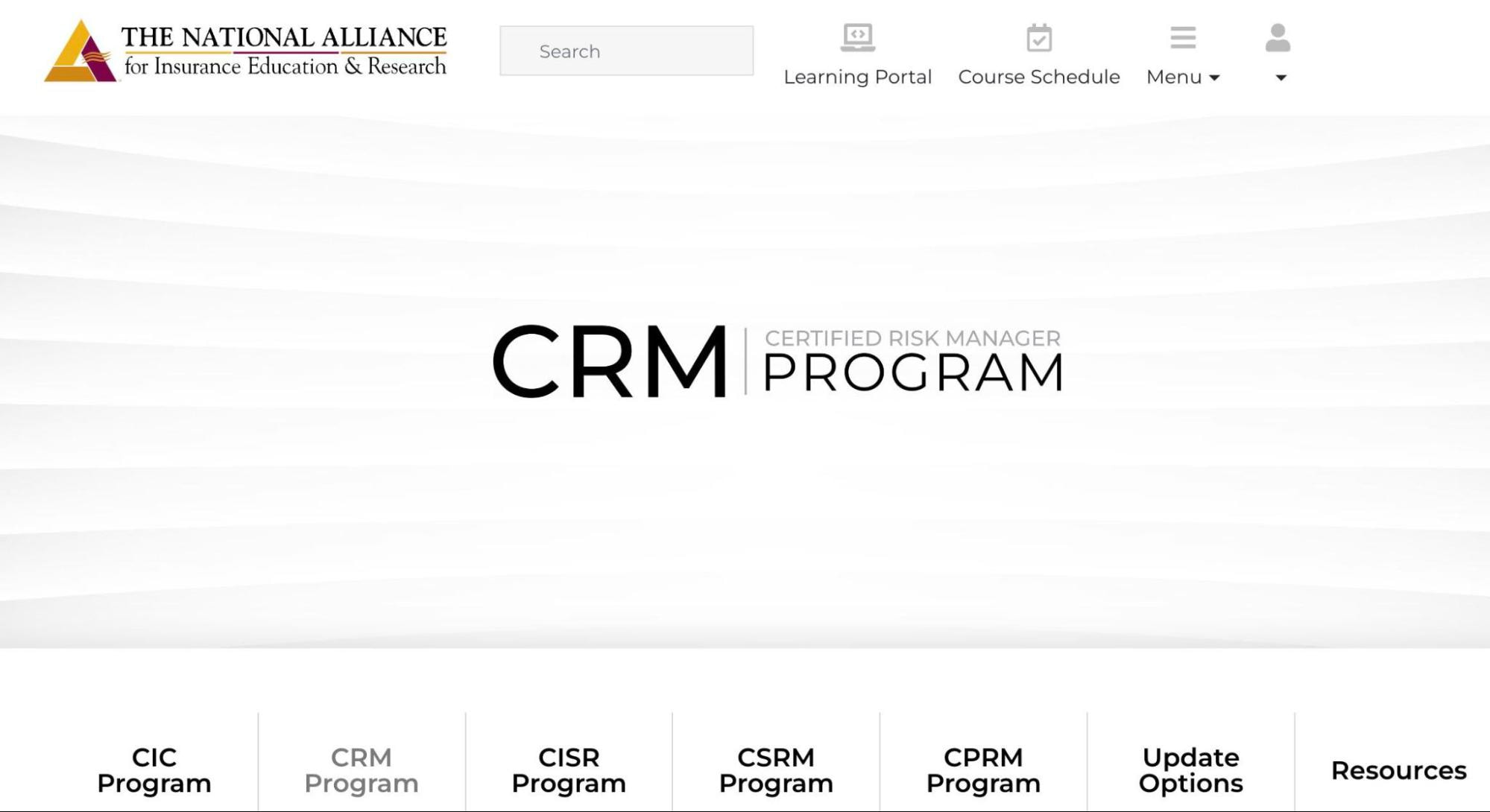
If you’re in the compliance field or consult for high-risk industries, a CRM certificate may be the best choice for you. Offered through the National Association for Insurance Education and Research, a CRM certificate validates a consultant’s knowledge when creating effective risk management plans.
Certification as a risk consultant requires a high level of expertise, technical understanding, and the ability to work under pressure. Courses in risk assessment, management, and finance are provided.
Those who get a certification in risk management have demonstrated their skill in anticipating and mitigating the many threats that might affect any given business. Those who have earned this credential are better equipped to identify and mitigate threats.
Having a certified membership proves your:
- Advanced knowledge of risk management.
- Advanced skills and knowledge in risk management.
- Practical industry knowledge.
- A dedication to lifelong learning.
- Adherence to tight guidelines and performance requirements.
Best for: Someone familiar with and experienced in risk management.
8.
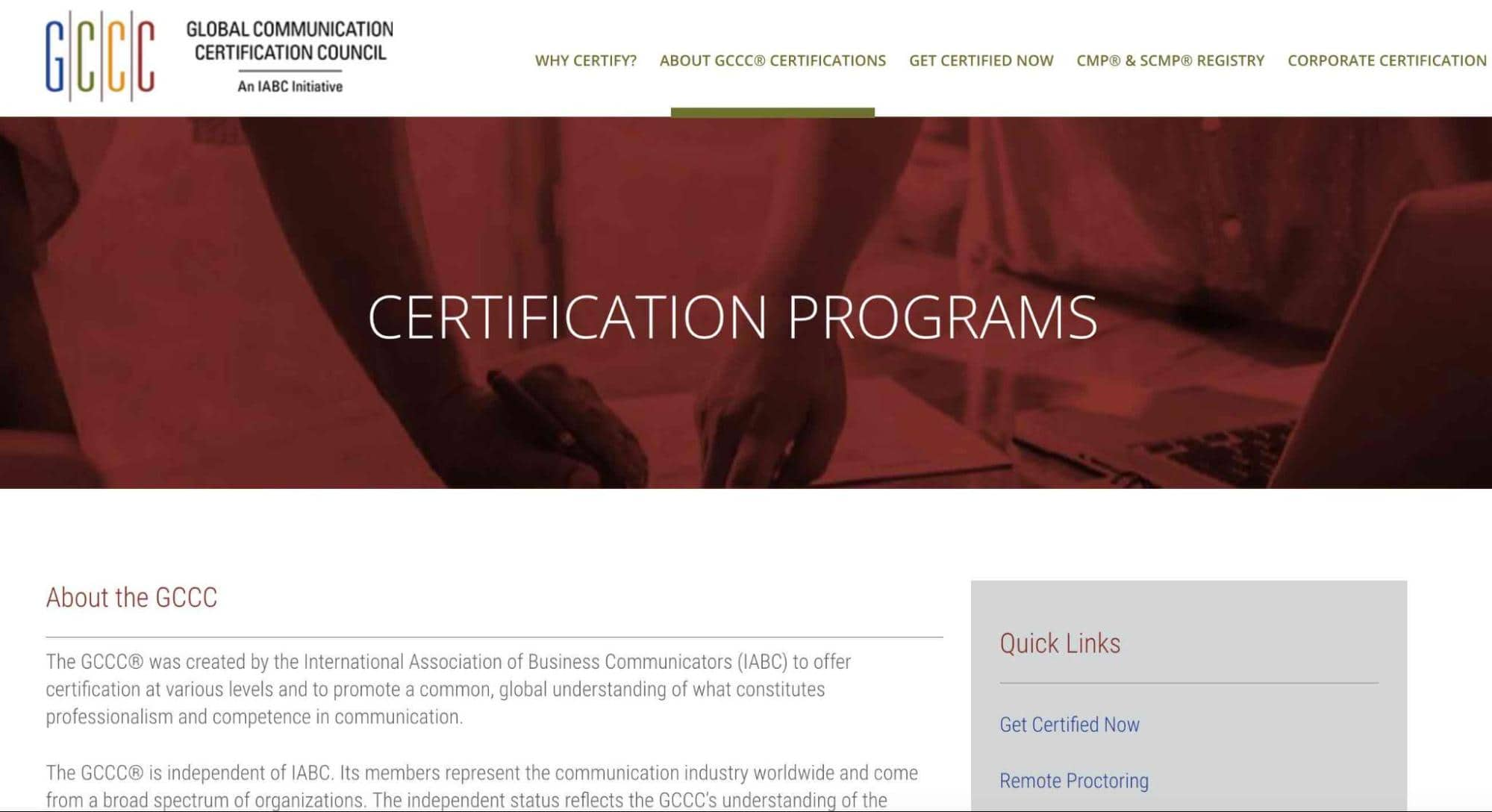
Consultants who have worked in the field for at least eight years and completed forty hours of training can get this certificate from the International Association of Business Communicators. Two years of schooling, six years of employment, and forty hours of training may also suffice.
Examinees’ familiarity with the field of communication, level of professional experience, and level of education are all put to the test in this system.
If you’re wondering why you should consider studying for a CMP certification, here are a few common reasons:
- Great employment prospects both domestically and overseas.
- Improved employment prospects and chances to work with global corporations.
- Professionals in communication are in more demand.
- The chance to learn both theoretical and practical information.
- Rich benefits package for new hires.
Best for: Professionals with six to eight years of experience in the sector, marking a transitional point in one’s career in the communication industry.
9.
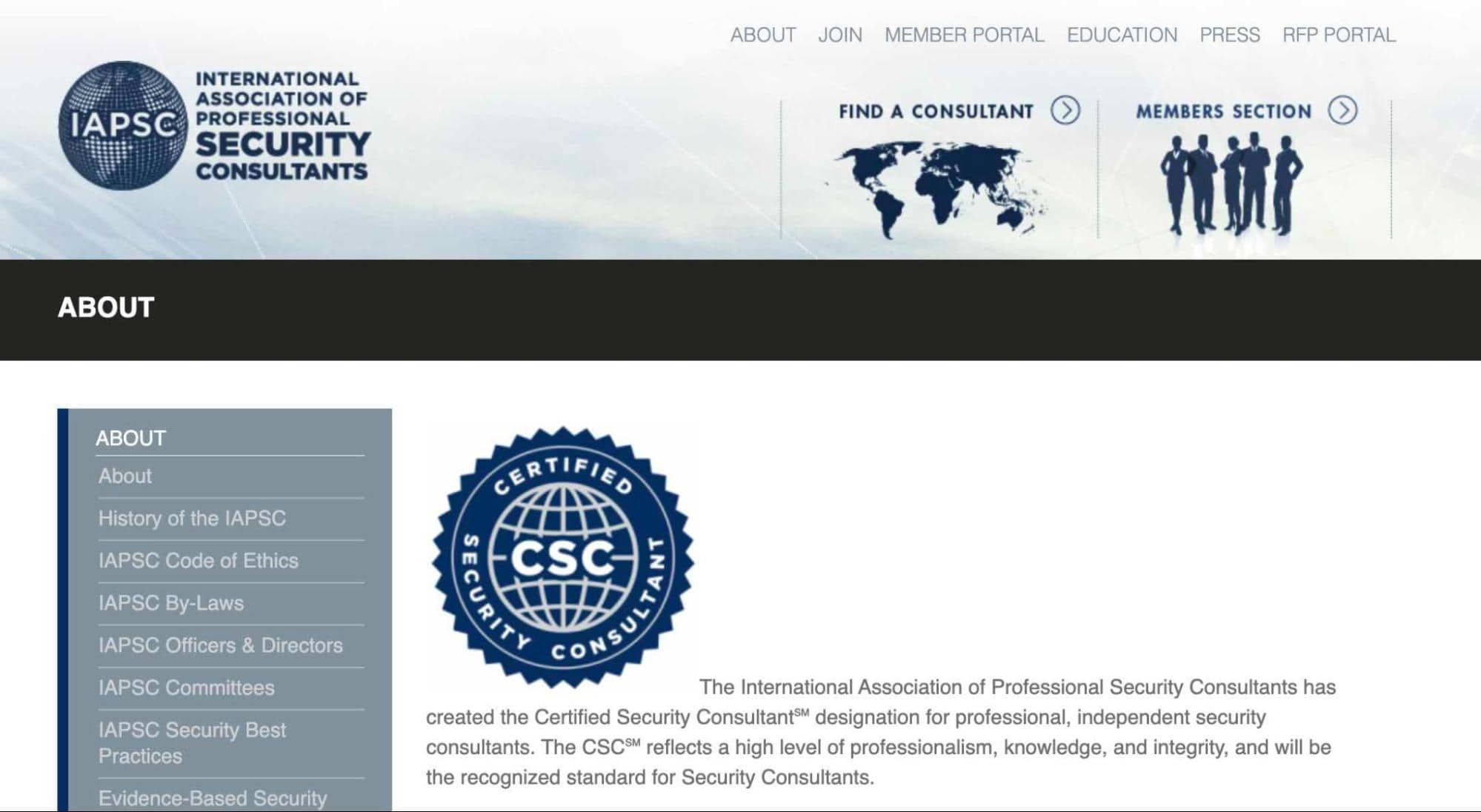
Security consultants analyze a company’s IT infrastructure to determine where vulnerabilities lie. They then make recommendations to strengthen defenses against cyber attacks.
Earning a certification in security consulting will equip you with the knowledge and tools you need to provide the right guidance. You’ll learn how to assess client organizations’ use of technology and recommend improvements.
When pursuing your CSC certification, you’ll learn
- The appropriate measures to prevent unauthorized access to your clients’ computers, networks, data, and other information systems.
- How to talk with employees and managers to uncover security problems.
- How to create budget plans for any modifications to the defensive system.
- How to develop, introduce, and maintain a company security policy tailor-made for the client’s business.
Best for: Those who already have a security background. You can use this certification to attest to and sharpen your skills.
Getting Started
When it comes to being an A-level consultant, you’ll need the certification, social proof, and skills to build your business. Obtaining these qualifications can set you apart from your colleagues and present you as a knowledgeable option for potential clients.
![]()